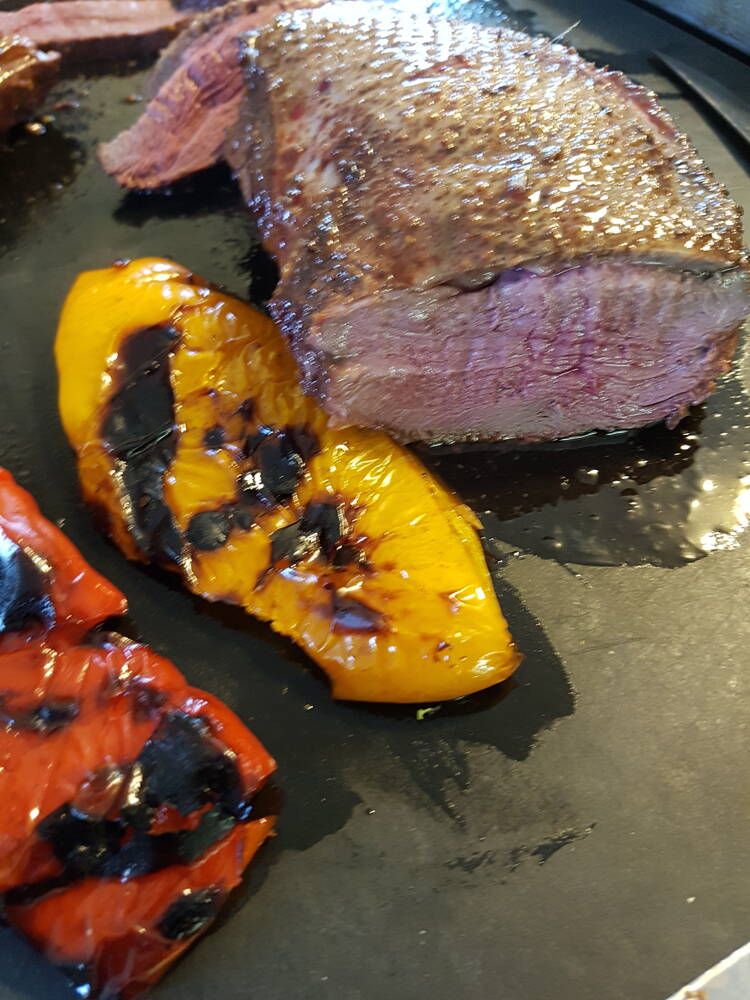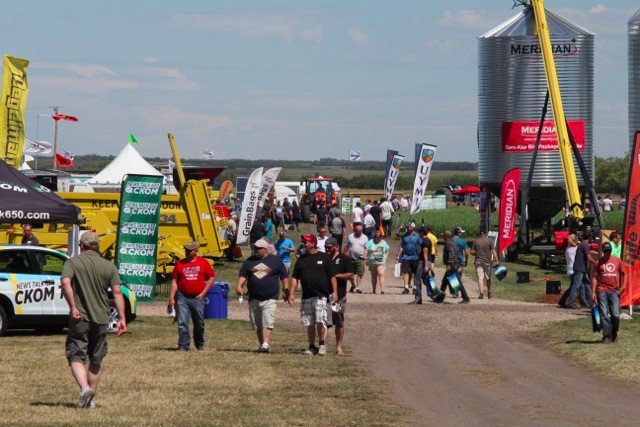The countryside beckoned as we headed out with camping trailer in tow to destinations undecided, and the winding road led between rolling pastures and Prairie fields highlighted by the evening sun. A friendly farmer mowing the grass waved to us and we pulled to a stop.
“Looks just like a wayside park!” my husband called.
“Then why not spend the night? Pull right in and enjoy yourselves. Lots of fresh water right over there at the pump if you need it.”
Read Also

Giant Canada geese have gone wild in Manitoba
Giant Canada geese are seemingly everywhere and can be fine table fare for local hunters, but 70 years ago, they were borderline extinct.
We settled in for the night and the next morning I could see the headstones in a little cemetery across the road, and the pile of rubble where the country church once stood.
I wondered who the members were of this rural congregation. How many seasons marked off each lifetime and how many feet slowly shuffled behind pallbearers as they made their way to the cemetery in the corner of the churchyard?
What signalled the end of this church? Were there veterans buried in this cemetery that had long since been forgotten?
Even as I pondered, a farm truck drove into the churchyard and pulled to a stop. A white-haired man in khaki coveralls walked over to the graves and carefully removed the milk cartons that sheltered bedding plants. Taking a dipper and pail from the back of his truck, he watered the scarlet salvia and white petunias.
Gone but not forgotten, his actions said.
In days to come I would often think back to that farm and its hospitable owner, to the abandoned churchyard across the way, the little cemetery, and that one man who tended the graves.
But he is not alone.
Driving through rural villages, one only has to look around a bit to discover a cenotaph in memory of local soldiers, in a well-kept corner of town. And every November 11, rural folks still quietly gather to place their poppy wreaths in remembrance of those who fought or died on foreign soil. It is not just a sign of respect, but also an act of love and gratitude acknowledging the sacrifi ces made by many whose extended families still live in the community. And when it is friends and neighbours and forefathers who paid the price of freedom, none of us are apt to forget any time soon.
– Alma Barkman writes from Winnipeg


















